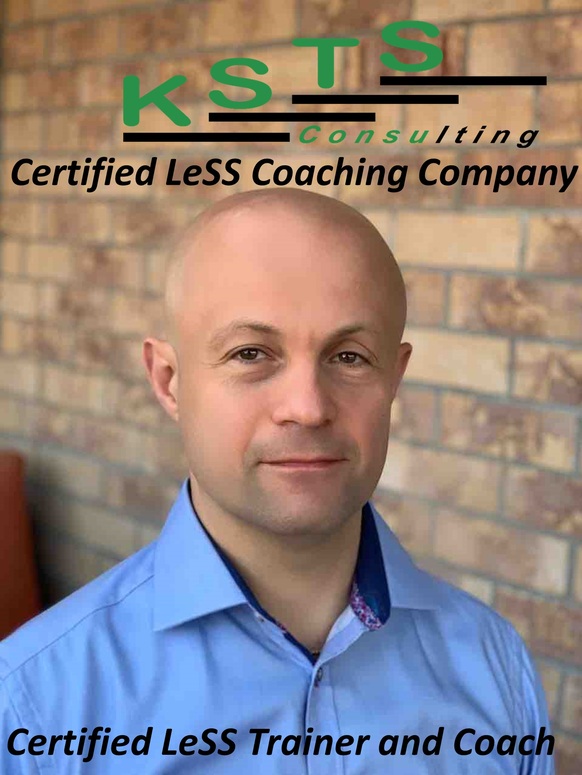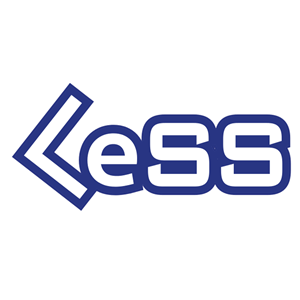
Back to results

LeSS Supporting: Organizational Design (OD) Workshop For Executive Management
Taught by: Gene Gendel
Scrum Alliance has collaborated with LeSS to bring you this framework's scaling courses. Although this course does not result in a Scrum Alliance certification, you can earn Scrum Education Units for completing it.

Back to results
06 - 08 January, 2025 |
10:00 EST |
3 hrs/day
$499
Reviews

This course does not have any reviews yet.
More courses by Gene
 Provisional Certified LeSS Practitioner
Provisional Certified LeSS Practitioner
Where & when
-
Mon Dec 02 - 12, 2024
-
10:00 EST
-
Live Online
 LeSS Supporting: Product Discovery/Definition & Business Agility Workshop
LeSS Supporting: Product Discovery/Definition & Business Agility Workshop
Where & when
-
Mon Dec 16 - 18, 2024
-
10:00 EST
-
Live Online
